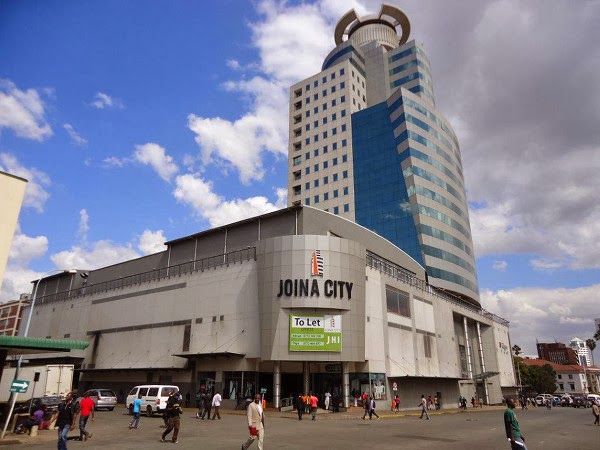
PROPERTY owners are making huge losses as buildings remain vacant due to high rentals with a number of companies relocating out of town.
BY FELUNA NLEYA
A survey by The Standard last week showed that many properties, including popular high-rise buildings especially in the central business district in Harare, are now vacant as tenants cannot afford the rentals in the wake of depressed consumer demand for products and services.
Analysts said property owners should review their rentals downwards so that office space is taken up by those willing to do business despite the economic challenges.
According to the Africa 2013 report by Knight Frank, take-up of office space has been poor as a result of the depressed economic climate in Zimbabwe. “Occupiers are struggling to meet rent and service charges, and the levels of arrears are generally high.
Voids have increased in some buildings to over 30%,” the report said.
“More than a year after it came on stream, the 12 000sq m of office space at the Joina City complex in Harare remains over 50% unlet.”
Knight Frank said demand for industrial space had reduced in recent years, as Zimbabwe became more of a consumer of imported goods than a manufacturing country.
- Chamisa under fire over US$120K donation
- Mavhunga puts DeMbare into Chibuku quarterfinals
- Pension funds bet on Cabora Bassa oilfields
- Councils defy govt fire tender directive
Keep Reading
“Void rates are increasing and rents are depressed. Tenant viability is questionable in the current difficult economy, putting at risk the security of income streams. Industrial investments are considered the least attractive of all sectors and the recent sales that have taken place have been entirely for owner-occupation,” the company said.
Ailse Properties managing director Andrew Chifamba said the reason why many buildings had vacant space was the high rentals, especially in the central business district.
“At the moment companies cannot afford to pay rentals in the city,” Chifamba said. “It is the economy; inasmuch as people want to occupy office space, they do not make enough to pay the rent.” “It is a sad scenario which we are seeing. One would want to rent, but come month-end the money he would have made is not enough to pay for the office space.”
Chifamba said individuals who wanted to rent office space were the same people who would have many more responsibilities to take care of.
“Even for residential homes, people are failing to afford the rentals, other families are actually sharing houses so that they can be able to afford the rentals.”
Chamu Chiwanza, immediate past president of the Construction Industry Federation of Zimbabwe Mashonaland Region, said companies were failing to pay rentals due to economic challenges.”
“Harare has been identified as one of the places with the highest rentals which people cannot afford.”
“Mostly having vacant buildings is due to the melting economy. The property owners should review their charges. It’s better to have 85% people paying low rentals than to have 15% who are not even able to pay for the space.”
Zimre Property Investments managing director Edson Muvingi told shareholders recently that its income tumbled 22% in the five months to May due to subdued growth in rent income and property sales.
Muvingi said rent income fell by 5% to US$1,5 million from US$1,6 million in the same period last year.
Property sales fell by 38% to US$906 000 from US$1,5 million in the same period last year.
Pearl Properties managing director Francis Nyambiri also told the company’s shareholders last month that rent arrears had grown to US$2,1 million as at April 30 from US$1,7 million recorded in December.










